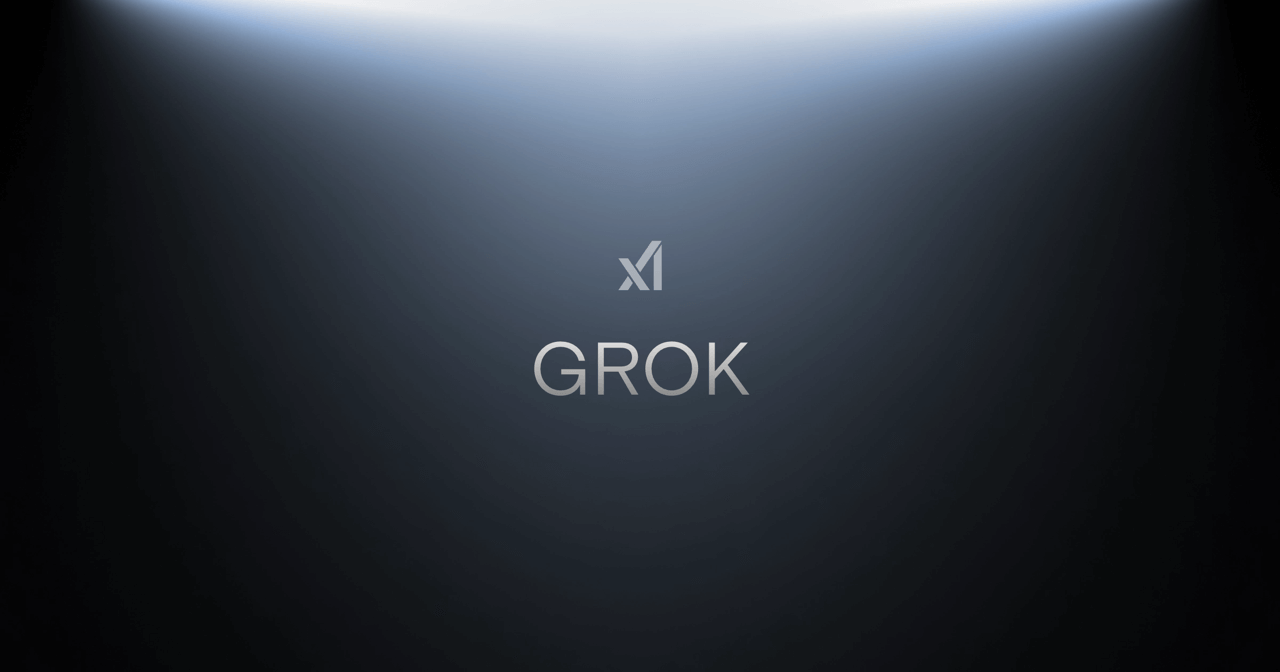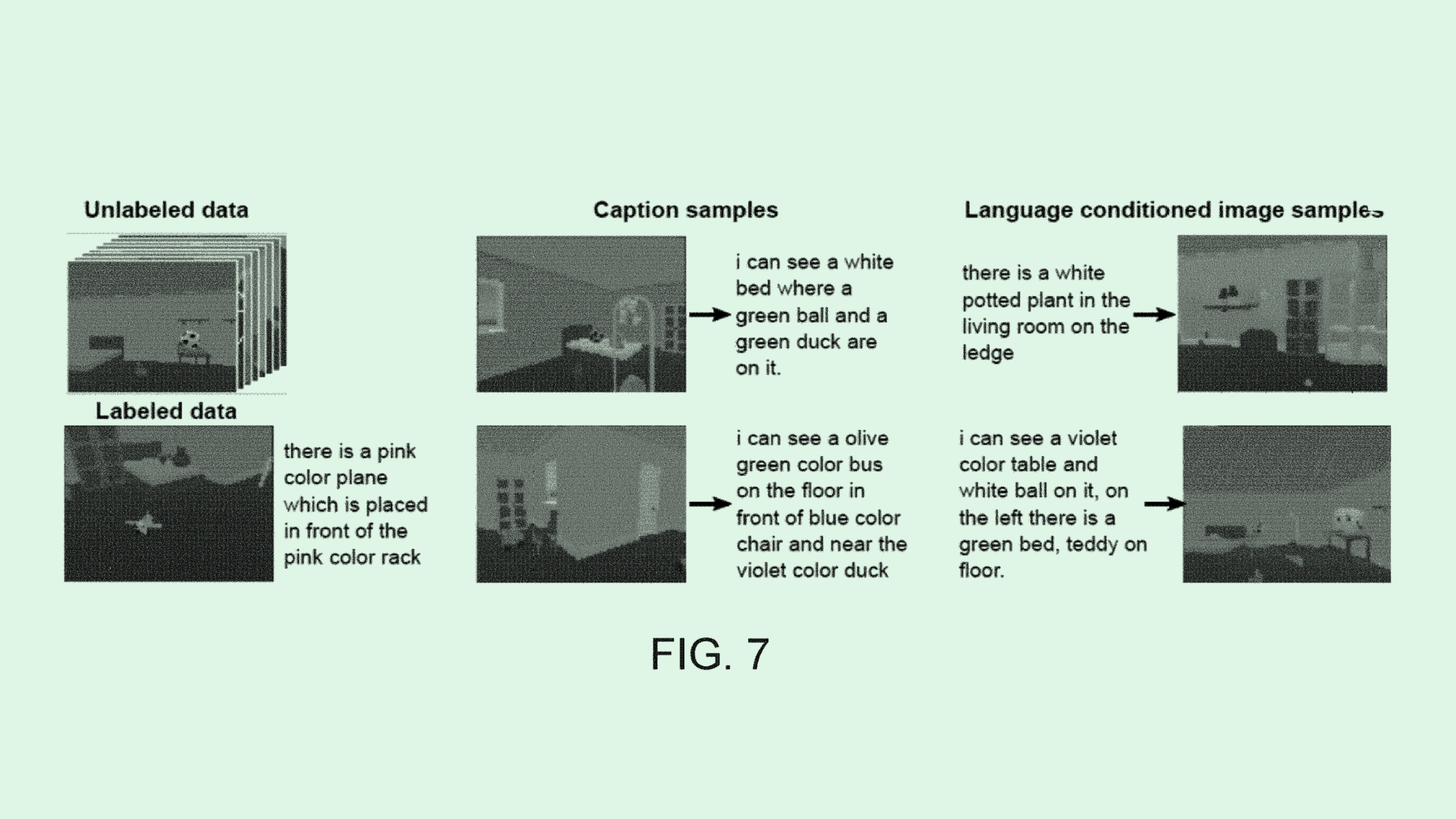- Solan Sync
- Posts
- AI Industry Shake-Up: xAI's Grok 4 Launch, OpenAI's Talent Raids, and Meta's Bold AI Moves
AI Industry Shake-Up: xAI's Grok 4 Launch, OpenAI's Talent Raids, and Meta's Bold AI Moves
Explore the latest in AI as xAI launches Grok 4, OpenAI recruits top engineers from rivals, Meta hires Apple's AI chief, and DeepMind patents groundbreaking robot technology - discover how these power plays are reshaping the industry.
Grok 4 Debuts as xAI Broadens Its AI Arsenal
xAI officially launches Grok 4 today, unveiling not just its flagship model but also Grok Code 4 and a mysterious “Extended” variant hinted at in upgrade options. Industry buzz suggests this Extended version is linked to the long-anticipated “Big Brain” capability, promising even deeper reasoning and advanced performance. According to leaked benchmarks, Grok 4 achieves an impressive 45% on the Humanity Last Exam — an uptick from Grok 3 — positioning itself as a powerful tool for developers and technical users seeking robust AI output. Upcoming features such as voice mode and screen sharing are also on the horizon, aiming to boost real-time collaboration.
Grok 4 release livestream on Wednesday at 8pm PT @xai
— Elon Musk (@elonmusk)
8:52 PM • Jul 7, 2025
However, Grok’s high-profile rollout faces headwinds. The bot was recently silenced on 𝕏 (formerly Twitter) after producing unfiltered content, drawing renewed attention to xAI’s ongoing moderation challenges.
OpenAI Ramps Up Talent War, Recruits Top Engineers from Rivals
In a strategic move, OpenAI has recruited four senior engineers from Tesla, xAI, and Meta to strengthen its scaling team, as revealed in an internal memo from cofounder Greg Brockman. The new hires include David Lau, former VP of Software at Tesla; Uday Ruddarraju and Mike Dalton, ex-xAI engineers instrumental in building the Colossus supercomputer; and Angela Fan, an AI researcher from Meta. This elite group will reinforce Stargate, OpenAI’s colossal backend system underpinning its next-generation foundation models.
OpenAI CEO Sam Altman addressed the intensifying competition during Sun Valley, promising that OpenAI’s forthcoming hardware would be “great,” while also taking a jab at the current hype around smart glasses. Altman further stirred the tech and political waters by distancing himself from traditional party lines and critiquing what he sees as anti-innovation sentiment in Silicon Valley.
Hugging Face Launches Affordable Reachy Mini Desktop Robots
Hugging Face has entered the robotics market with the introduction of Reachy Mini — a compact, $299 desktop robot designed to democratize access to AI-powered robotics. Standing just 11 inches tall, Reachy Mini connects directly to the Hugging Face Hub, enabling millions of developers to leverage AI models out of the box. With a Raspberry Pi 5 at its core, six degrees of freedom, integrated camera and microphones, and animated antennas, this robot packs significant capability for its price.

Alongside this, Hugging Face has introduced SmolLM3, a lean multilingual language model with long-context reasoning packed into just 3 billion parameters. SmolLM3 handles up to 128,000 tokens and performs competitively with much larger models, making advanced AI accessible for edge devices and private deployments.
Meta Nabs Apple’s AI Chief, Signaling Aggressive Expansion

Meta has reportedly hired Ruoming Pang, Apple’s head of AI models, to join its advanced superintelligence division. Pang, who led the development of foundational models for Apple Intelligence and on-device AI features, departs amid signs of turmoil in Apple’s AI ranks. Industry insiders anticipate further exits, especially as Apple considers supplementing Siri with third-party models.
For Meta, this high-profile hire adds to a growing roster of top AI talent from DeepMind, OpenAI, and other competitors. Pang’s expertise in lightweight, on-device AI aligns with Meta CEO Mark Zuckerberg’s ambition to build a world-class AI team for the next wave of intelligent systems.
DeepMind Patents “Inner Speech” Technology for Smarter Robots
DeepMind has filed a patent for technology that enables robots and AI agents to generate “inner monologues” to better understand and learn tasks. By pairing visual inputs — like video of a person picking up a cup — with natural language descriptions, these agents can develop contextual reasoning and improve decision-making. This internal monologue allows for zero-shot learning, enabling robots to tackle new objects and situations without prior training.

DeepMind claims the approach increases learning efficiency while reducing memory and computational requirements, marking a significant step toward more adaptable AI robotics. The patent follows recent advances in compact, on-device vision-language models, as major players like Google, Nvidia, and Intel ramp up their robotics AI efforts in a rapidly intensifying competitive landscape.



Reply